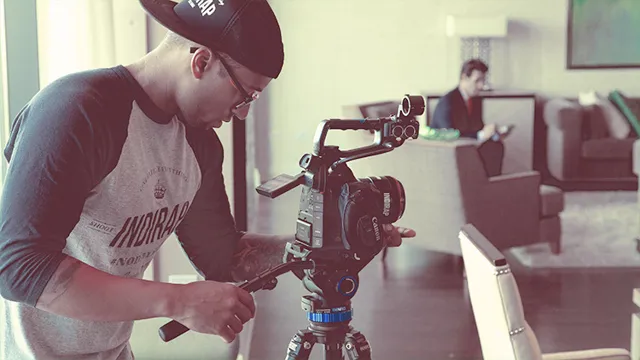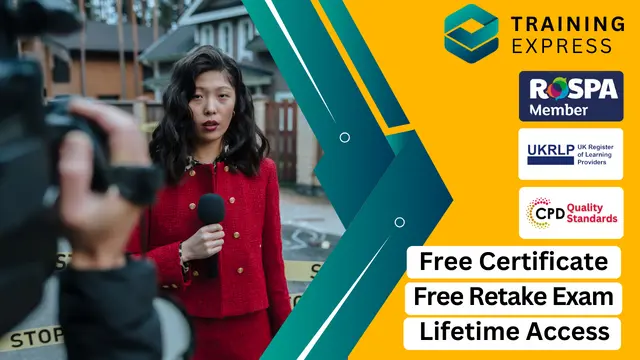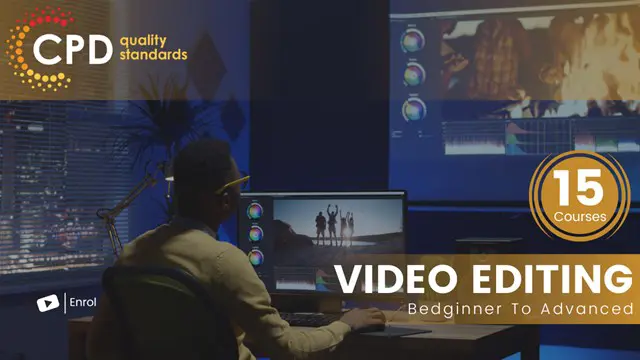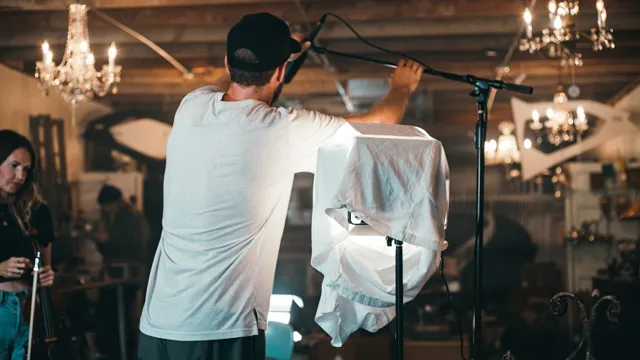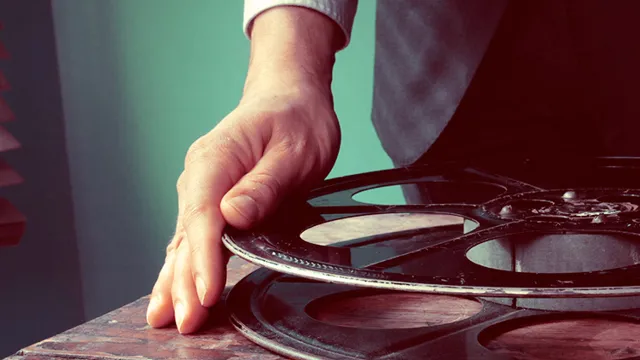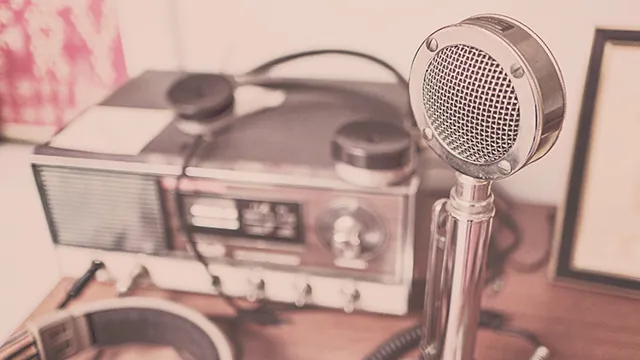Journalism: Digital Journalism & Report Writing With Complete Career Guide
Training Express Ltd
11 FREE Certificates | 11 CPD Accredited Courses | Unlimited Retake | Lifetime Access
- Online
- 60 hours · Self-paced
- Certificate(s) included
- 100 CPD points
- Tutor support
Great service
Embark on a thrilling journey into the heart of journalism with our "Digital Journalism & Report Writing" course. Discover the principles and rich history of newspaper journalism while honing your skills in interviewing, news writing, and production. Dive into the digital rea
…
